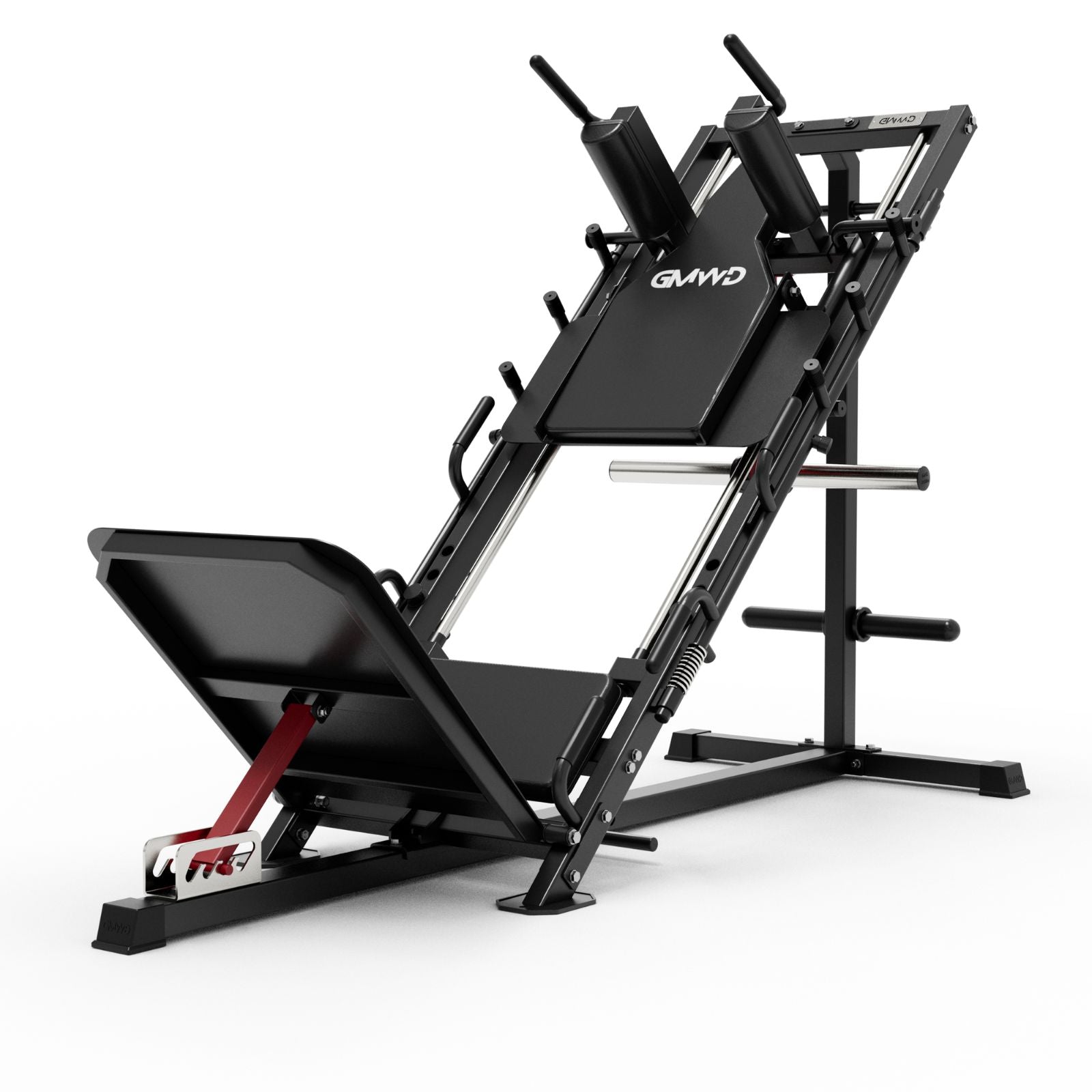When it comes to strength training, especially for beginners or those dealing with old injuries, the right equipment can make all the difference. One underrated but highly effective tool in any lifter's arsenal is the 1" trap bar — also known as a hex bar. Whether you’re chasing strength, power, or longevity in your lifting career, this specialty bar deserves your attention.
What Is a 1" Trap Bar?
A 1-inch trap bar refers to the diameter of the loading sleeves, which are compatible with standard 1-inch weight plates (not Olympic 2" plates). It features a hexagonal or diamond shape you stand inside while performing lifts like deadlifts, shrugs, and farmers carries. This design naturally places the weight around your body, rather than in front, drastically reducing shear stress on the lower back.
The handle placement is another win — most trap bars come with dual handles: one set at standard barbell height and one raised. This gives you options, whether you’re working on range of motion or easing into lifting after injury.
Safer Mechanics, Stronger Pulls
Traditional straight bar deadlifts can be intimidating, especially for people with limited hip mobility, long femurs, or a history of back pain. The trap bar changes the game. It keeps your center of gravity aligned with the load, allowing for a more upright torso and reduced spinal loading.
I’ve personally used a 1" trap bar as a rehabilitation tool after tweaking my lower back doing conventional deadlifts. Switching to the trap bar allowed me to keep training hard without pain, and surprisingly, my strength didn’t plateau — it skyrocketed. My glutes, quads, and traps responded well to the more ergonomic lifting position.
Who Should Use a 1" Trap Bar?
This bar is especially useful for:
-
Beginners learning proper hinge mechanics
-
Home gym owners who use standard 1" plates
-
Lifters rehabbing injuries or with back issues
-
Athletes looking for a safer way to build power
It’s also a great teaching tool for personal trainers coaching clients who are new to barbell work. The neutral grip is more intuitive than the pronated grip on a barbell, making it easier for people to stay in control during a lift.
Top Movements to Try
If you’re new to the trap bar, start with:
-
Trap Bar Deadlifts – Focus on form and keep the core braced.
-
Trap Bar Carries – Great for grip, traps, and posture.
-
Trap Bar Jumps – Explosive, athletic, and safer than barbell jump squats.
These variations blend strength and function, giving you more bang for your training buck.
Final Thoughts
If you're working with standard plates at home, or just want a more joint-friendly way to train, the 1" trap bar is a solid investment. It’s one of the most accessible tools for building foundational strength while protecting your spine and joints.
Personally, I reach for it more than I do a straight bar these days. It’s not about ego lifts—it’s about lifting smarter and staying consistent. And the 1" trap bar lets me do just that.
Whether you're a weekend warrior, a garage gym junkie, or someone coming back from injury, this bar quietly does the heavy lifting—for your performance and your long-term health.










































Leave a comment
This site is protected by hCaptcha and the hCaptcha Privacy Policy and Terms of Service apply.